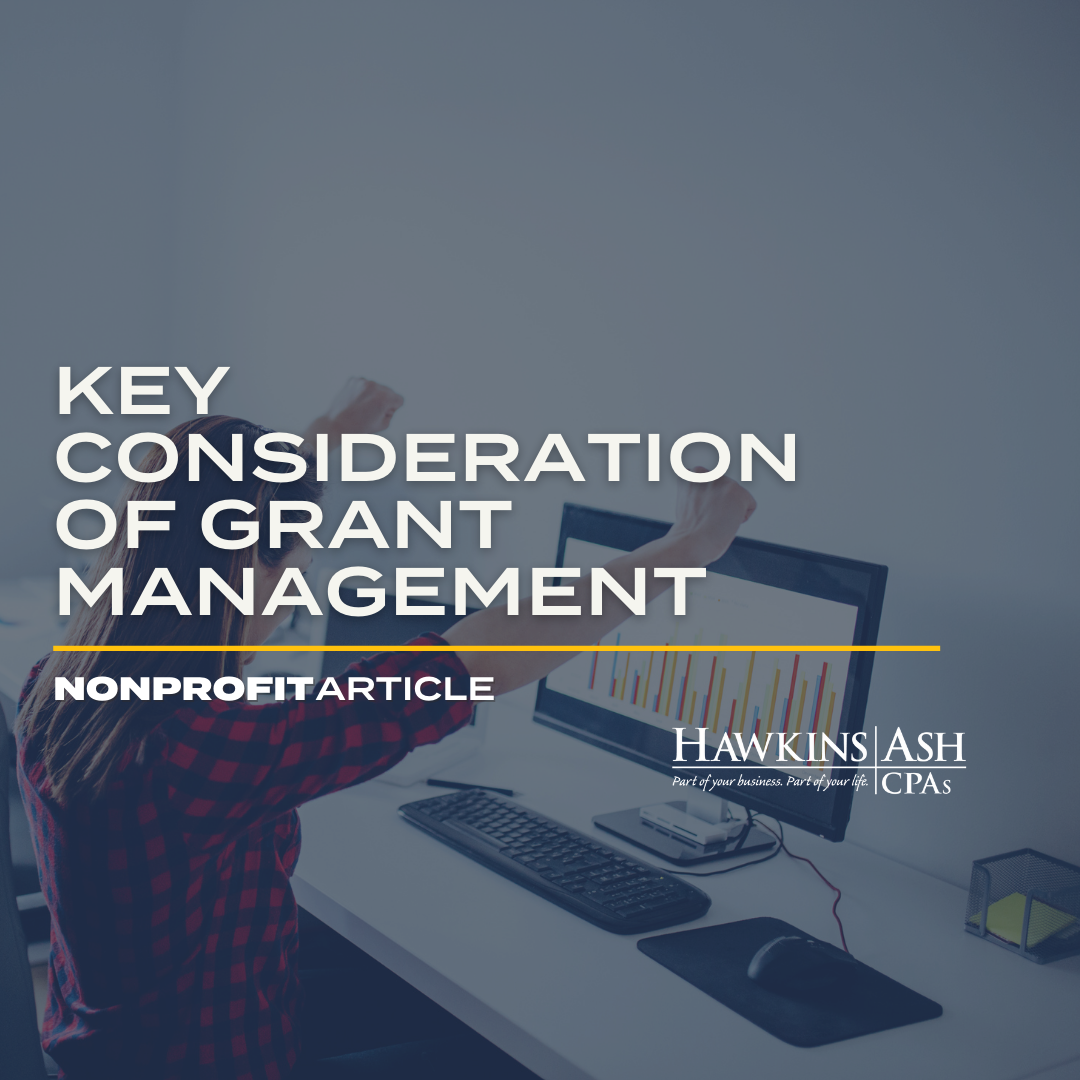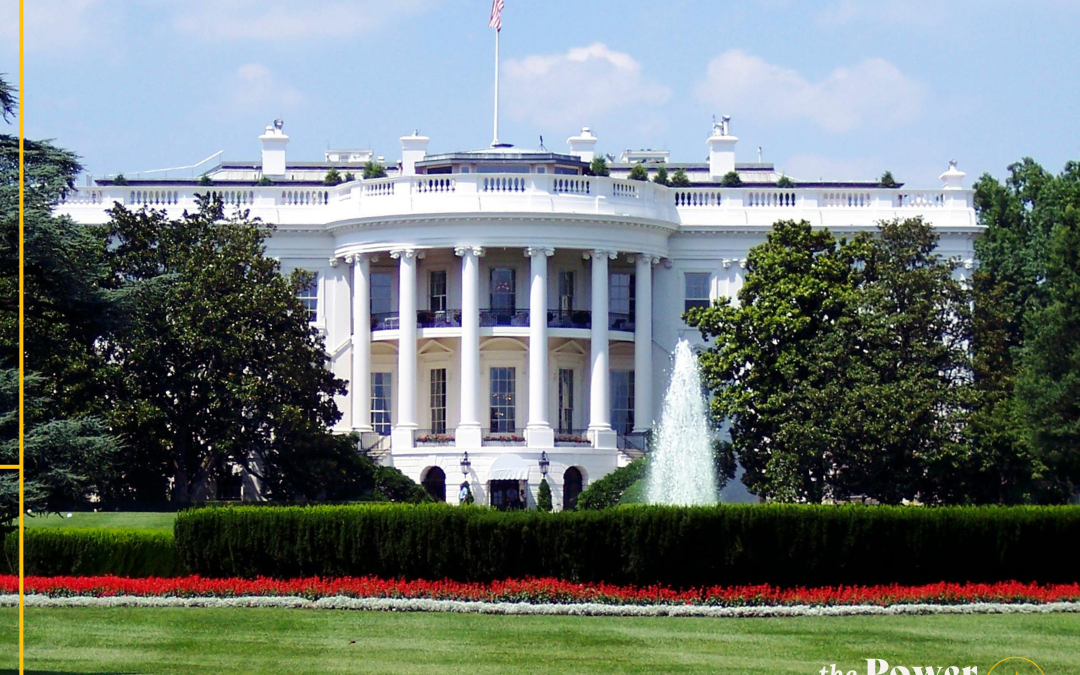Over the past year and a half, non-profit organizations have faced significant challenges due to the worldwide COVID pandemic. Organizations were forced to assess and redesign their business models from programming and fundraising to staffing. In reality, no stones were left unturned. Even with the challenges faced by most organizations, some were exposed to new opportunities – one of those being the receipt of funds through federal and state granting agencies. Receiving grant funds may be something that is new to your organization, so it is important to develop a successful grant management program to ensure compliance with the terms of each grant received. In this article, we discuss some guidelines for properly managing your grant funds.
Reviewing the Grant Agreement
The first step is designating an individual or group of individuals with overall grant responsibility. It is important that the individual (or team) has a full understanding of the grant terms and the compliance requirements involved. The grant agreement should be treated as a legal document. When reviewing the agreement, consider the following:
-
- Who are the parties involved? What is the term of the contract? What are the organization’s responsibilities/scope of services? How much is the award/contract? The causes for contract revisions or terminations?
- What internal requirements of the organization are needed, i.e. surety bond requirements, liability and worker’s compensation insurance requirements, affirmative action/civil rights compliance?
- Does the agreement detail out what the funds are to be used for or spent on? If so, be sure you have a process in place for expense tracking and approval as it relates to the grant. You will want to ensure you understand what expenses are allowable under the grant to prevent any issues with expenses being deemed unallowable by the granting agency.
- How are grant funds received? Is this a reimbursement grant where you have to spend the funds upfront and submit for reimbursement or do you receive the funds in advance and have to submit periodic performance reports?
- Does the grant have an audit requirement? Federal or state granting agencies may have audit requirements depending on the amount of the grant/contract award received or the riskiness of the funding. This will be something to discuss with your accountant prior to your year-end, some grants may require additional audit procedures to be performed beyond your typical financial audit.
- Are there periodic reporting requirements related to the grant? If so, review the deadlines for those requirements and ensure all individuals involved in the process are able to meet the deadlines. If deadlines cannot be met, ask for an extension or modification in advance rather than just filing late.
Internal Controls of a Grant Management
As part of the grant management program, you will want to make sure there is a strong system of internal controls over the funds. Questions to consider include:
-
- Who is allowed to request the use of grant funds?
- Who approves the use of grant funds?
- Who is verifying expenses are allowable?
- Who enters the activity into the accounting software?
- Under cost-reimbursement arrangements, who is completing claim forms and who is approving the forms?
These are just a few of the questions that need to be addressed when creating an internal control policy over the grant cycle. A detailed, written policy will ensure all staff involved in the grant process understand their roles and responsibilities.
Expense tracking is an integral part of any grant management process. Proper tracking of expenses ensures that grant funds are being used as intended, are allowable, and are accurately reported to the funding source (as applicable). Some organizations track expenses using specific general ledger accounts; while other organizations create separate funds or classes within their accounting system. Many times, it will depend on the size and complexity of the grant. Additionally, it is important to track the progress of the grant. Individuals involved in the grant process should set up periodic meetings to discuss current grant activity and grant activity to date claims reporting and reporting deadlines, and if specific compliance requirements are being met.
Communications are Imperative
Finally, proper communication between all organizational departments is imperative in a strong grant management process. Development, finance and programming all play key roles throughout the grant period. All departments need to work together to ensure all compliance aspects of the grant are met. If these individuals/departments are operating independently with no communication, it increases the risk of non-compliance with grant requirements and jeopardizes your grant dollars.
A successful grant management program will require communication and cooperation from all individuals involved. It can take time to develop a successful program, but doing so will ensure you are meeting all the requirements of the grant – which will keep the funding agencies happy and the grant dollars rolling in!
If you have any questions in regards to grant management, please contact your Hawkins Ash CPAs representative.





